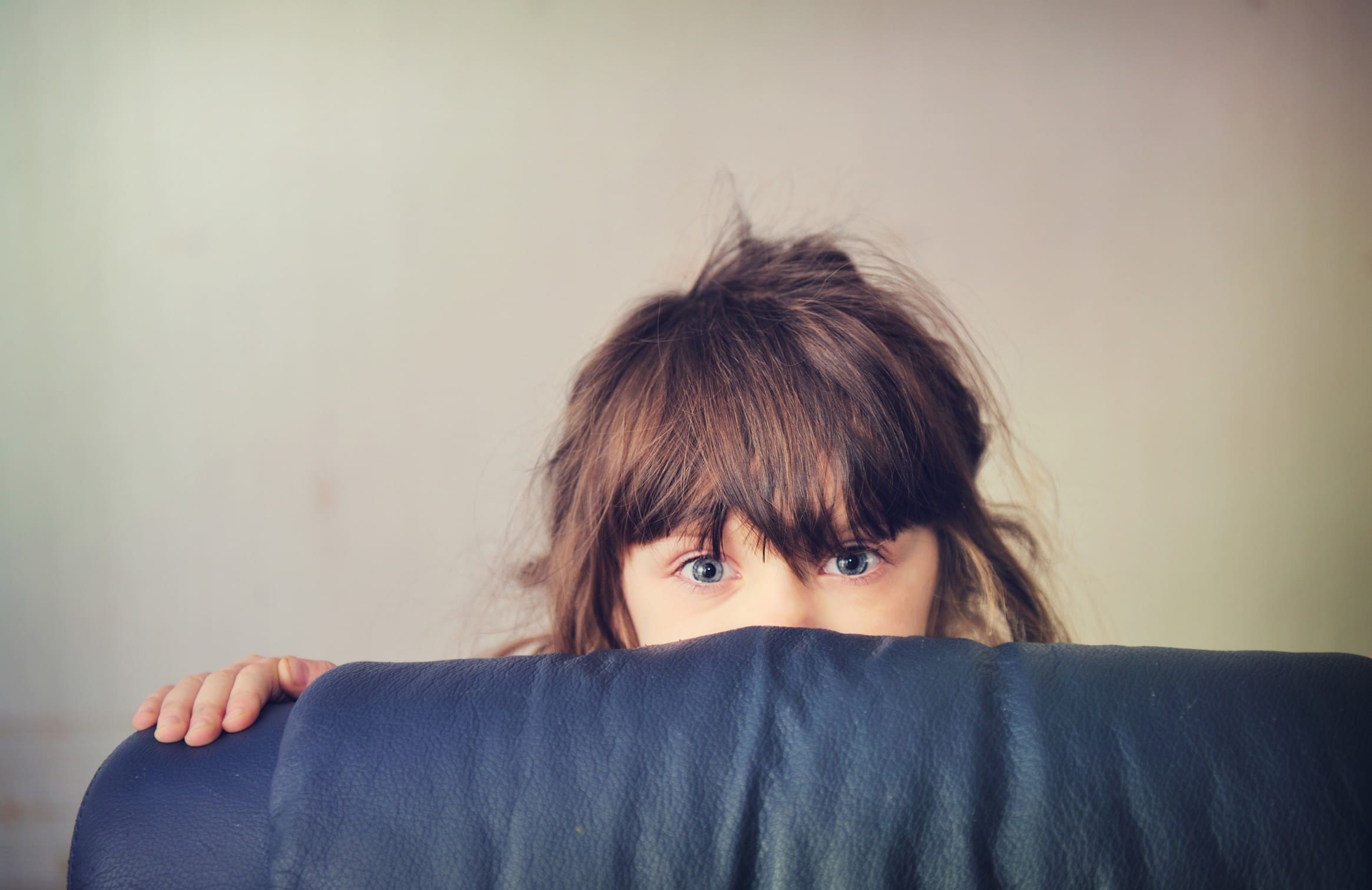Video transcript
Hi there, I’m Dr Golly and today we’re talking about bedwetting in children and adolescents. Daytime toilet training is possible once kids become aware of their bladder feeling full – this usually happens by 4 years of age, and often much earlier. Night-time control isn’t expected until 6 or 7 years of age. When kids have difficulties controlling their bladder overnight, we call this nocturnal enuresis.
Nocturnal comes from the Latin nocturnus, meaning ‘of the night’ and enuresis comes from the Greek enourein, meaning to urinate. This is an extremely common childhood problem: we know that – at 4 years of age – 1 in 3 kids wet the bed at night, and by 6 years, 1 in 10 kids will wet the bed. 1% of 15y will still have difficulties in adolescence. There’s also a very strong genetic link, meaning this often runs in families.
Let’s jump to the whiteboard and take a look at the bladder system, and what causes nocturnal enuresis.
The kidneys are two jelly-bean shaped organs that filter our blood and get rid of waste, in the form of urine. The urine travels down a tube from each kidney (ureter), emptying into a big storage bag, called the bladder. A six-year-old’s bladder is about the size of an orange, and expands when filled up. When the bladder stretches, messages get sent to your brain, telling you to that it’s time to urinate. When ready, the bladder squeezes the urine through an exit tube, called the urethra – and out of the body. One of the most common contributors to nocturnal enuresis is constipation – simply because the full bowel doesn’t let the bladder expand enough and fill with urine. You won’t have much luck treating nocturnal enuresis until the constipation problem is solved – which we’ve talked about in another episode…
There are some other medical problems that can also contribute to difficulties staying dry, like diabetes, urinary tract infection, sleep problems or kidney disease. Bedwetting is very seldom due to attention seeking or behavioural problems, so remember never to punish a child, or make them feel bad for having an accident.
It’s important to discuss any symptoms or signs with your child’s doctor, especially – if a previously dry child – suddenly begins to wet the bed at night.
So when is bedwetting a problem? Most kids will become dry independently, if you give them time. But see your doctor if it’s:
- starting to cause distress,
- impairing social arrangements like sleepovers or school camps,
- new in onset after previously being dry or if it’s
- associated with bladder or bowel accidents during the daytime.
Now let’s talk about treatment options.
Probably the most common cause of nocturnal enuresis is the child who sleeps so deeply, that they can’t register the messages coming from their bladder, telling them they need to pee.
Let’s jump back to the whiteboard and look at the most effective treatment options for your child.
The first step is to change drinking behaviours – this means stopping sugary and caffeinated drinks and limiting fluid intake in the evening. Encourage lots of water during the day to ensure adequate hydration. Next, use night-lights to make the toilet easily accessible in the middle of the night, or try a potty near their bed if the toilet is too far away. Use a waterproof mattress protector, with spare sheets next to the bed, for quick and easy clean-ups. Try reward charts to get your child’s buy-in and stop using diapers or pull-ups, because it drains a child’s motivation for becoming dry!
A hugely successful treatment for nocturnal enuresis is a bedwetting alarm. These can be bought or hired and are especially helpful for children who sleep very deeply. A rubber mat is placed under the bedsheet – or a small sensor in the underpants. This will trigger an alarm when the child begins to wet the bed. As quickly as possible, your child should wake, empty their bladder in the toilet, dry the mat and change sheets, before resetting the alarm. This method works by creating a link in your child’s brain between urinating and waking, until they go hand-in-hand and your child becomes dry.
For very deep sleepers, parents will wake to the alarm and need to rouse their child, take them to the toilet, change sheets and help them to reset the circuit. A single treatment with the bedwetting alarm can last for 2 months, but is effective in over 80% of cases.
There are medications used for nocturnal enuresis, that reduce the amount of urine produced at night. It’s sometimes used for special occasions, like slumber parties or school camps, and should not be used long-term.
Physiotherapy can also be helpful for some children who continue to struggle with enuresis, but you can discuss these treatment options with your child’s GP or paediatrician. Remember – it’s not your child’s fault, so never punish them. And as I always tell my patients, your parents probably also wet the bed when they were younger – and now they’re dry, so there’s always hope!
Thanks for watching – I’m Dr Golly, I’ll see you next time.






